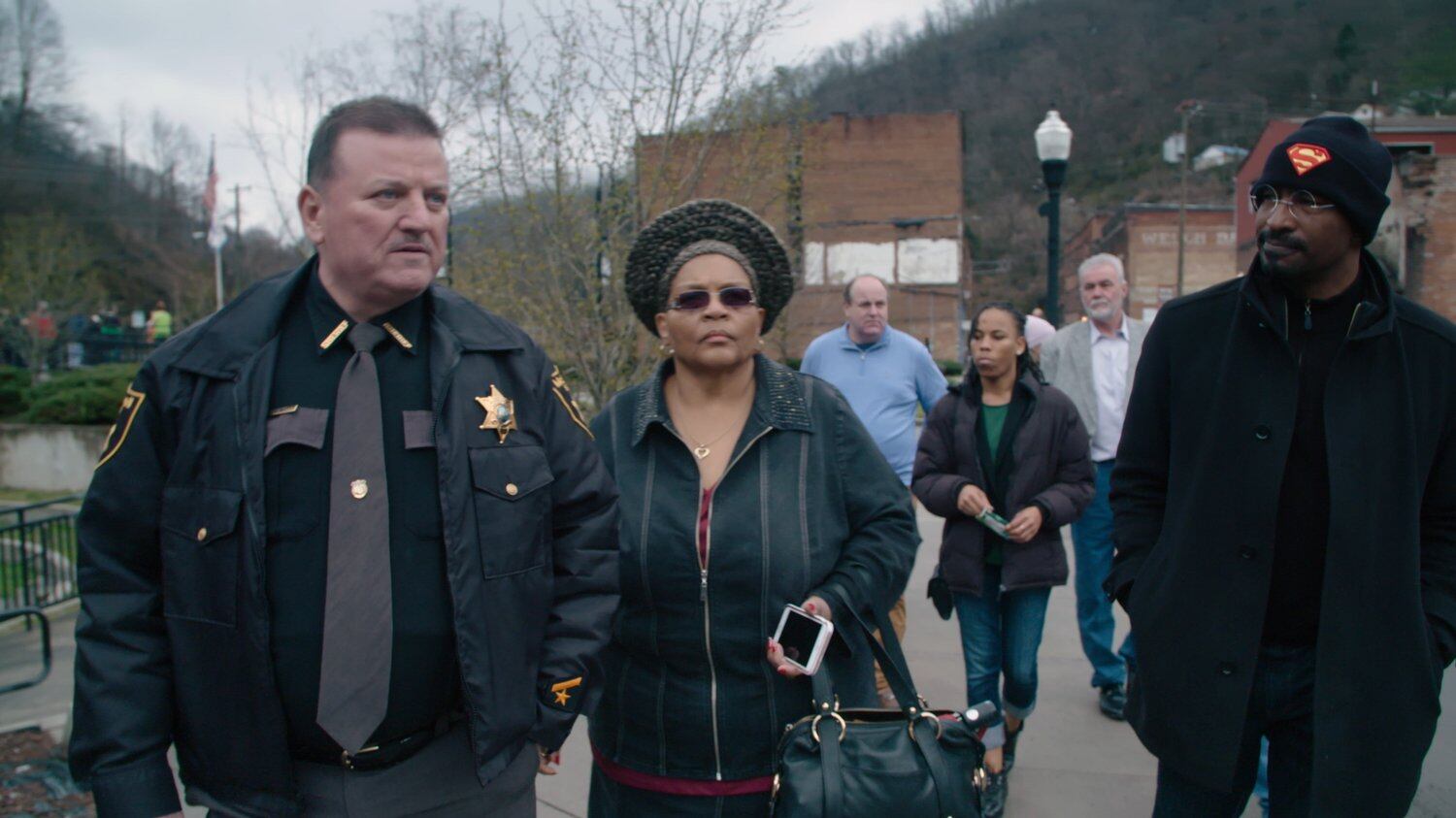Out of a political landscape tapered down to divisive rhetoric and stagnation, filmmaking partners and brothers Lance and Brandon Kramer (City of Trees, The Messy Truth) of Meridian Hill Pictures have emerged with a documentary examining what it takes to get something accomplished.
The First Step, directed by Brandon and produced by Lance, follows progressive activist (and CNN commentator) Van Jones as he lobbies for action on criminal justice reform by fighting for the passage of the First Step Act (legislation, passed in 2018, aimed at creating a more humane response to the addiction crisis by reducing mandatory minimum sentences, automatic longer sentences, and crack and powder cocaine disparity).
Lance (who is a former Willamette Week reporter) and Brandon Kramer have worked with Jones before, as Lance explains in an interview with WW.
“Our relationship with Van and...his ex-wife, collaborator and business partner, goes back to 2014,” he says. That year, they collaborated on his brother’s first documentary, City of Trees, which followed three trainees and the directors of a stimulus-funded green job training program designed to put unemployed people back to work by caring for parks in Washington, D.C.
Jones served only as a technical adviser but didn’t appear in that film. He would, however, be featured in the brothers’ next project together, The Messy Truth, which followed Jones as he talked to families in “Trump Country” to hopefully demonstrate how people of opposing views can still have civil conversations about politics.
In The First Step, we see the fight for reform through conversations featuring well-known lawmakers and frontline activists from a range of differing political viewpoints. It came together when they reconnected with Jones after the 2016 election of President Donald J. Trump to see what he would do next. He told them that after a period of meditation and self-reflection, he had decided he was going to find a bridge with the new administration where they could work together and help some people.
“That felt like such a perilous journey that he was about to go on that very few people, at least very people on the left, were also trying to attempt at that time,” Lance says, “and we just felt that would be a critical story to try and tell about, ‘What does it look like to try to be someone reaching out or engaging or trying to get something accomplished on any sort of social justice-minded reform or initiative accomplished that would require a president’s signature at that time?’”
Part of telling their story honestly meant getting to know who Jones was because the brothers wanted the audience to feel his experience.
“It wasn’t about needing a viewer to agree with Van or always feel like Van’s right about everything and this is just a Van explainer,” Lance says. “That wasn’t the point. The point was, could we take a viewer, take the audience on a journey with him and have a greater understanding of who he was and what he was trying to do?”
The people directly affected by the issues explored in the film tell their own stories of excessive punishment and no effort toward rehabilitation (“Don’t nobody see past McDonald’s for us,” one inmate says in the film). The opioid crisis that has affected white communities has reopened the conversation on a national scale, providing opportunities to come together on a solution.
“There is a linkage here between the people on the front lines of urban America, the people who are in rural America, and the prison system,” Jones says in the film. He even found an ally within the Trump inner circle in Jared Kushner.
“My hope as a filmmaker is that there are takeaways from the film that are useful in any type of situation where people are facing a complex problem or a paradox that doesn’t pose easy answers,” Lance says. “And people are trying to figure out how to get something done to help improve the condition of others who are struggling or suffering when there’s not necessarily an easy answer.”
SEE IT: The First Step plays at PAM CUT, 1219 SW Park Ave., 503-226-2811, pamcut.org. 7 pm Thursday, Oct. 6. $5-$8.
